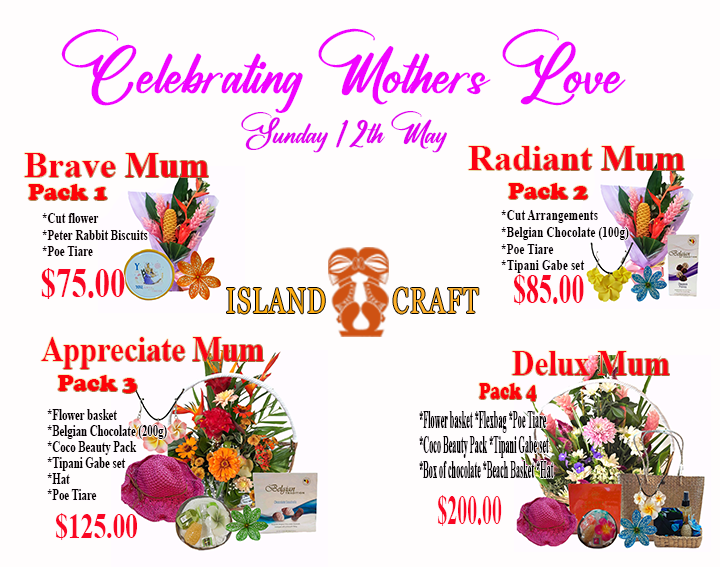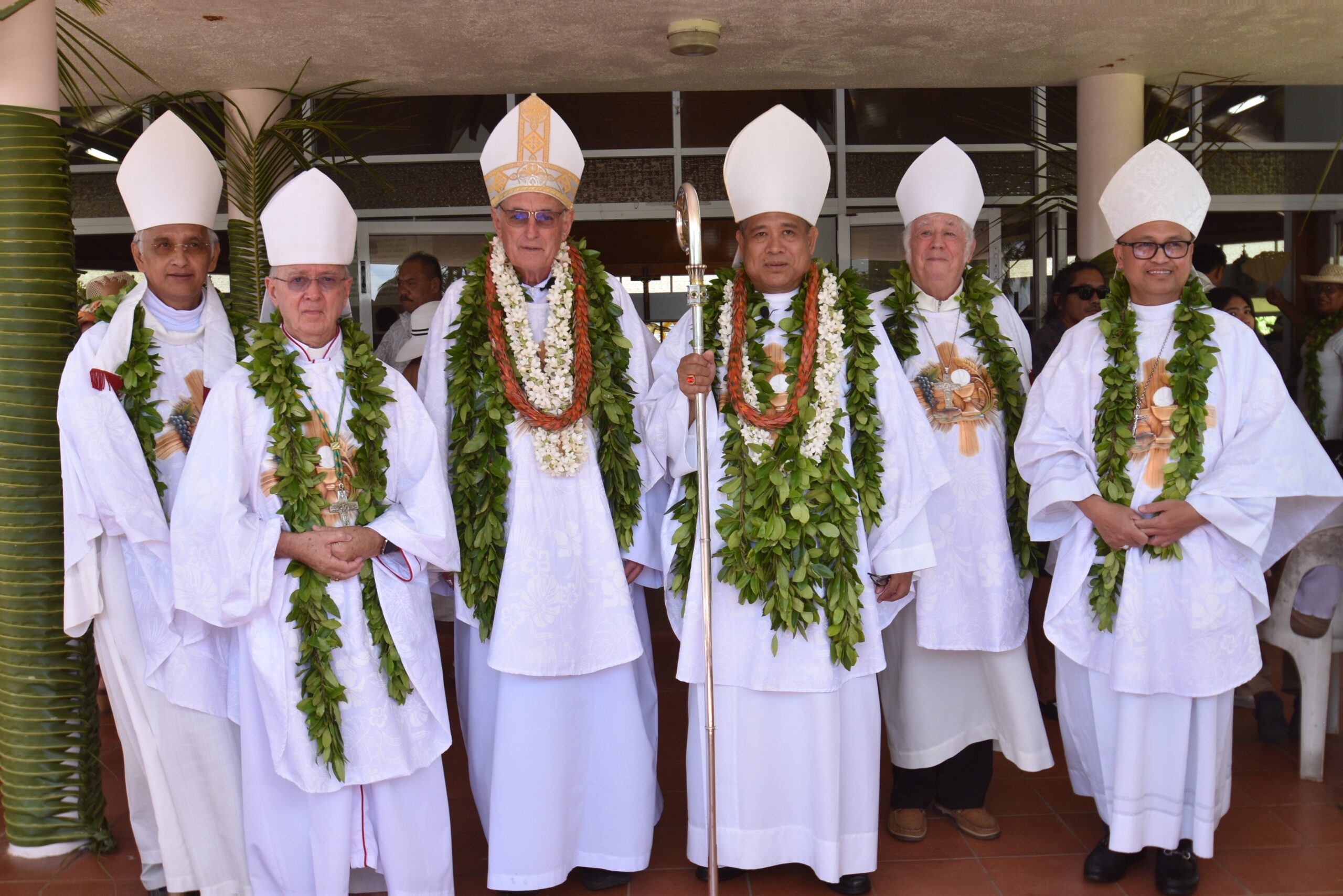That some of Conservation International’s head honchos are on Rarotonga this week is an indication the US-based organisation is taking the Cook Islands marine park initiative seriously.
Conservation International, a global organisation employing 1000 people in 35 offices, was last year invited by government to provide technical and scientific advice to the local steering committee driving the marine park initiative. Its top executives are here for the Pacific Islands Forum, which represents for the Cook Islands an opportunity to share its marine park vision with regional leaders.
Cook Islands News yesterday caught up with Conservation International co-founder and chairman Peter Seligmann, executive vice president Dr Greg Stone and Pacific Islands Programme executive director Mike Donoghue about their vision for the Cook Islands marine park – and how it slots into their organisation’s mission.
”We believe conservation is integral to economic development, feeding people, mitigating the effects of climate change – it’s the unifying principle for humanity on this planet,“ Dr Stone said.
He explained that conservation is a global concern, and that the Cook Islands marine park is a big step forward not just for the people of the Cook Islands but for conservationists worldwide.
He declared the Cook Islands marine park the ”biggest, most ambitious and most exciting marine conservation initiative on the table now“.
”And that’s why we are here – we are here to support this,“ he said.
As Seligmann explained: ”This is an opportunity to turn the tide“, he said, and to herald a movement against the destruction seven billion people are wreaking on this planet.
Kiribati’s marine protected area – the world’s largest at the time of its creation – was for Conservation International the ”first anchor to windward“. The Cook Islands initiative is another ”jewel in the crown“ of conservationists around the world, Donoghue said.
Donoghue said the jewel, of course, belongs to the Cook Islands’ crown, but the marine park is still an exciting venture for Conservation International, as it could pave the way for other nations to follow suit.
”It isn’t just about the Cook Islands population, although you’re the prime beneficiaries,“ Donoghue said. ”It’s about creating a sea change in global perceptions.“
He remembers first hearing of the Cook Islands’ ambitious plan to create the world’s biggest marine park.
”I remember that Skype discussion (with Kevin Iro and Nan Hauser) – at the end of it I thought, they’re really keen but this is a really big ask,“ he said.
Now, months later, he believes the marine park will be a success. He was clear that Conservation International is only on hand to help – to provide technical and communications expertise and advice about policy and finance – and not to ”push our own agenda“.
”One thing we bring to the table is what we’ve learned from our engagement elsewhere,“ Donoghue said.
Seligmann acknowledges the marine park is not simply a geographical undertaking – it will have ripple social effects, as it comprises inhabited areas.
”It takes thoughtfulness to do it right,“ he said, adding that the reliance of people on their natural environments for subsistence, particularly in the outer islands, is a consideration of the utmost importance. He is keen to take cultural input on board, and is this week learning about the Ra’ui system from Eruera Nia of the Koutu Nui.
”So many lessons have been lost in how to care for fisheries – how do we shelter and protect those? These are important questions. Ted (Nia) has been talking to us about Ra’ui and how we make sure that traditional knowledge and management measures become part and parcel of the marine park management.“
Dr Stone likens the marine park initiative to an ATM machine. For years, people have been making withdrawals from planet earth without bothering to pay anything back. Conservation measures like the marine park represent the building up of capital, the making of deposits in order that humans can withdraw more in the longer-term.
Conservation International is hosting a dinner on Monday night at which its executives will be introducing themselves and speaking about the Pacific Oceanscape. Forum Secretariat secretary-general Tuiloma Neroni Slade will also be speaking.
- Rachel Reeves









































